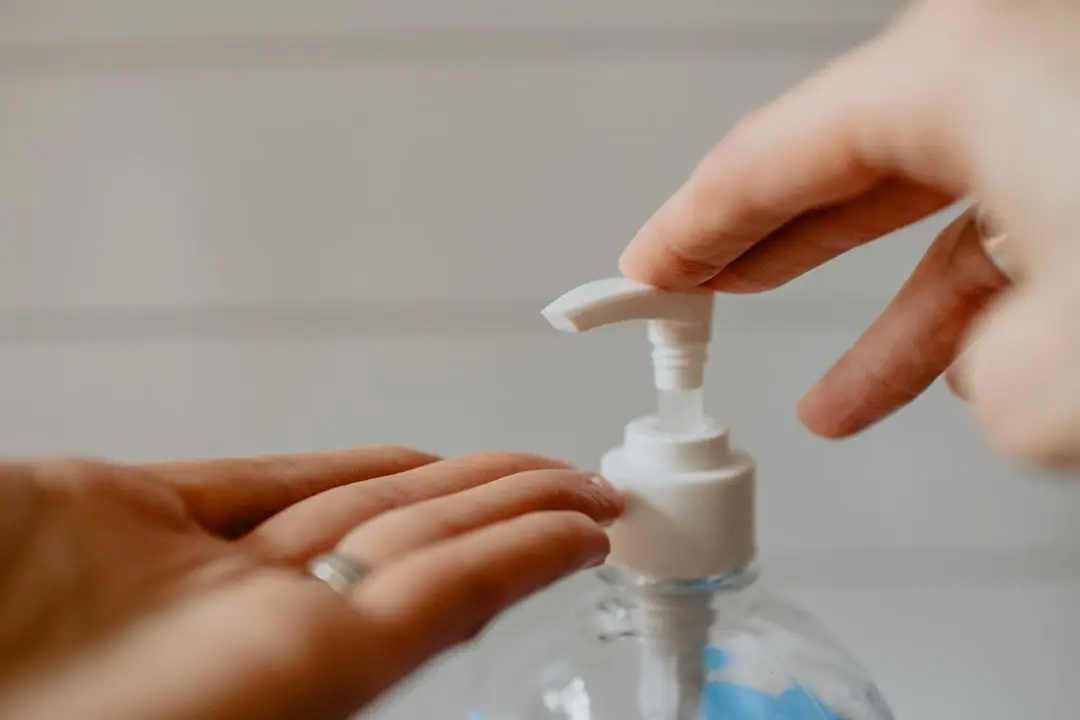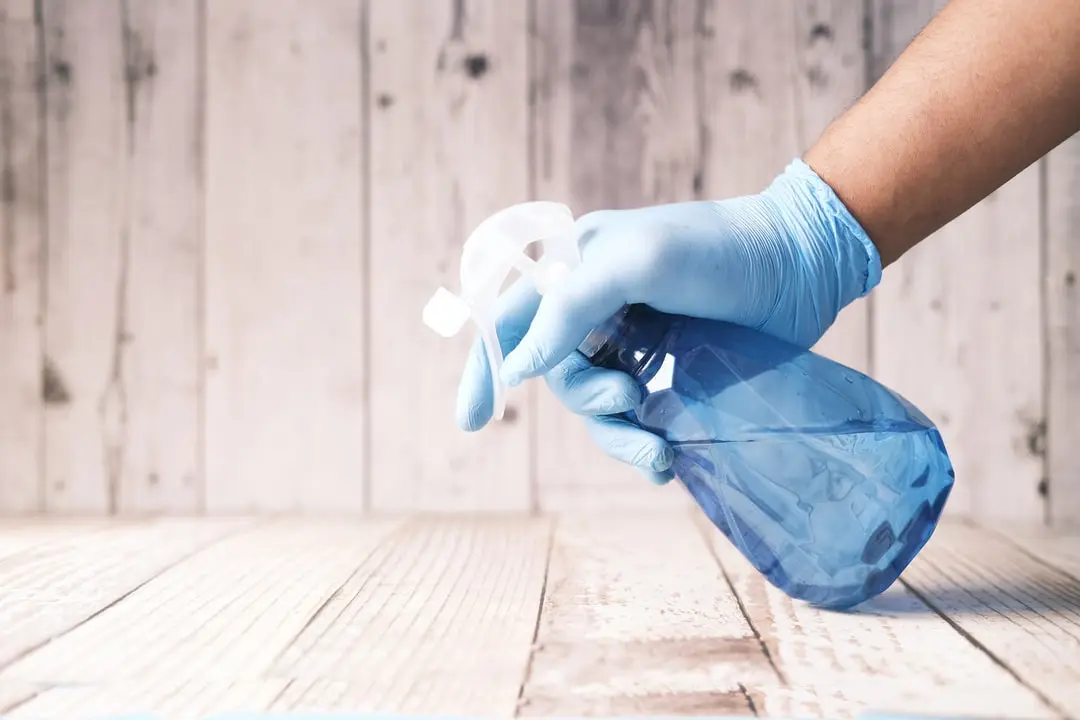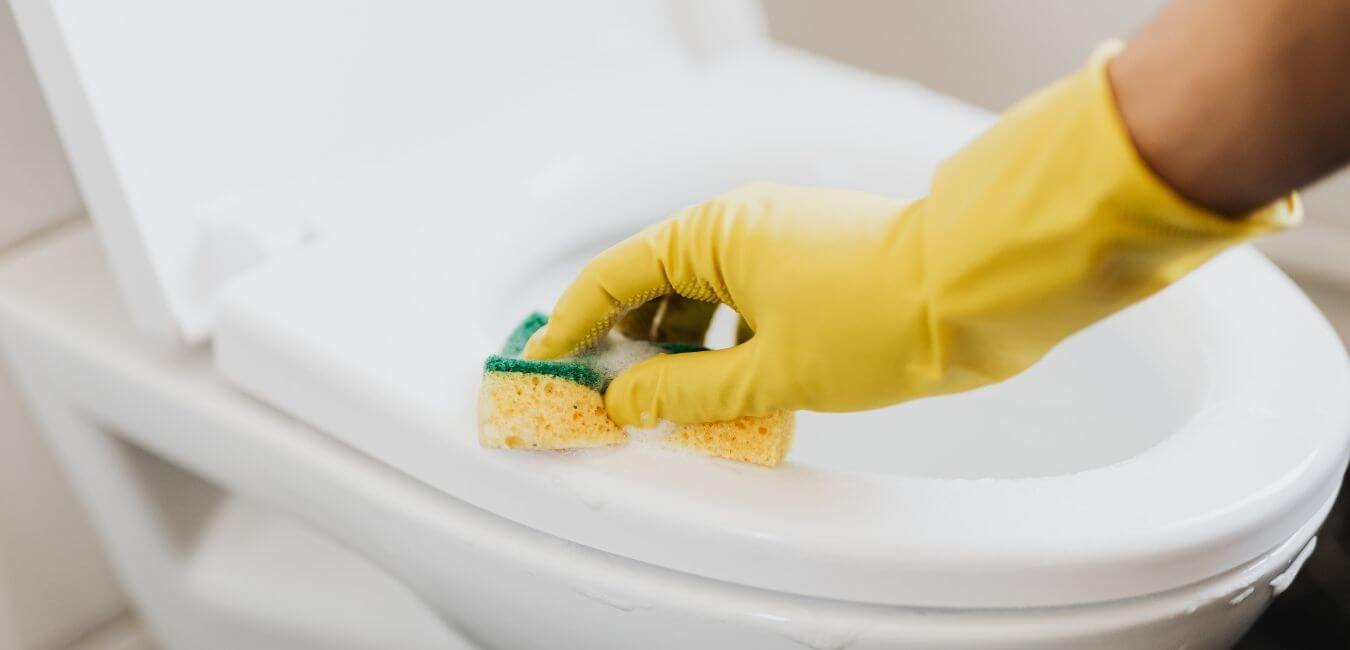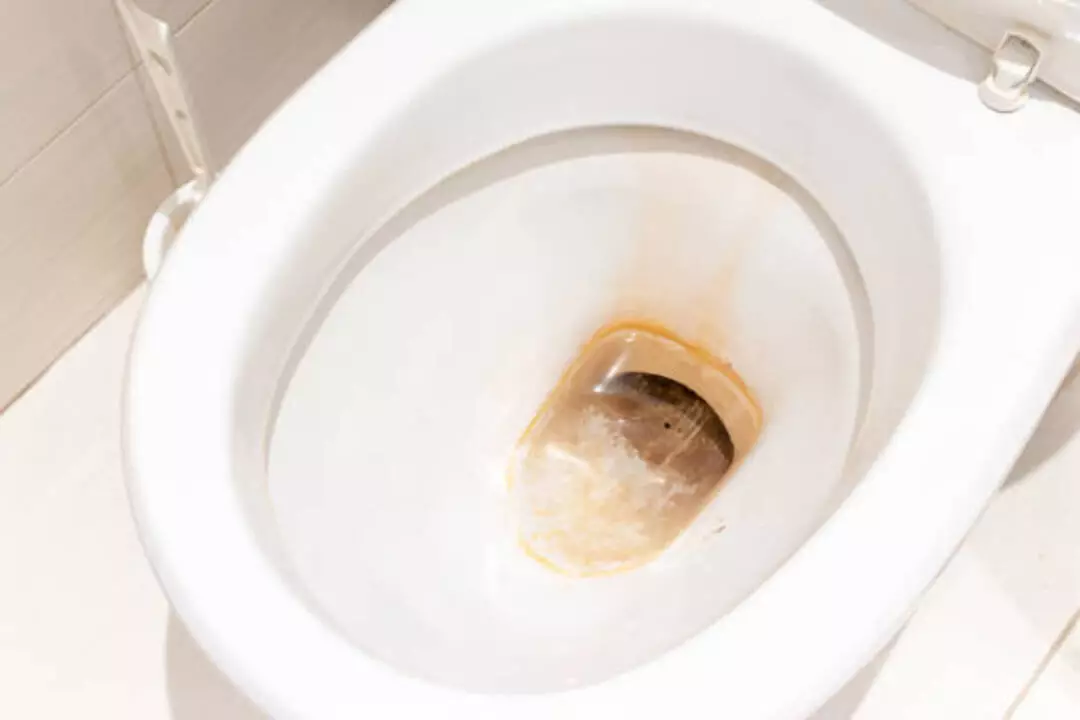Are you dealing with persistent hard water stains in your fish tank? These unsightly white spots can diminish the aesthetic appeal of your aquatic environment.
This blog post is packed with effective methods to remove hard water stains on fish tanks and keep your aquarium crystal clear.
Let’s dive into the details, shall we?
KEY INFORMATION
- To remove hard water stains from fish tanks, consider factors like the type of cleaning solution and safe scrubbing techniques.
- Effective methods for removing hard water stains include using white vinegar, toothpaste, an acidic cleaner, or a salt and water mixture.
- Preventive measures such as targeting the source of the problem, regular cleaning, and replacing filters can help avoid hard water stains.
- Consider investing in a self-cleaning tank for added convenience and efficiency.
Factors to Consider when Removing Hard Water Stains

When removing hard water stains from your fish tank, it is important to consider the type of cleaning solution you use and the techniques for scrubbing. Additionally, taking safety precautions such as wearing gloves and protective eyewear is essential to ensuring a safe cleaning process.
1. Type of cleaning solution
Vinegar is a good tool to remove hard water stains. Mix it with water in a 50/50 mix for the best result. Rubbing alcohol also works well on glass and can take out tough stains. Brite & Clean Simple Cleaning Solution is another choice you can use.
It fights hard water marks fast! Always choose a cleaner that is safe for fish, so they won’t get sick from any harsh chemicals.
2. Scrubbing techniques
To effectively remove hard water stains from fish tanks, scrubbing techniques play a crucial role. When scrubbing the glass, it’s important to use a soft cloth or sponge to avoid scratching the surface.
Gently scrubbing in circular motions helps to loosen and remove stubborn stains without causing any damage. Remember to apply moderate pressure and be patient while scrubbing.
Another effective technique is to use a non-abrasive cleaning agent or solution when scrubbing. Brite & Clean Simple Cleaning Solution is an example of a product that can help eliminate hard water stains on aquariums.
It’s important to thoroughly rinse off the cleaning solution after scrubbing.
Additionally, when tackling hard-to-reach areas or corners, using cotton swabs dipped in vinegar can be helpful. This allows for precise cleaning and targeting of those specific spots.
Afterward, wipe away any excess moisture with a microfiber towel for a streak-free finish.
3. Safety precautions
When removing hard water stains from fish tanks, it is important to take some safety precautions. First, make sure to wear gloves to protect your hands from any chemicals or sharp objects that may be used during the cleaning process.
It is also recommended to work in a well-ventilated area, as some cleaning solutions can produce strong fumes. When using any cleaning solution or chemical, always read and follow the instructions provided by the manufacturer.
Avoid mixing different chemicals together, as this can cause dangerous reactions. Lastly, be careful while scrubbing the glass to avoid scratching it and harming yourself.
Methods of Removal for Hard Water Stains

To remove hard water stains on fish tanks, you can use white vinegar, toothpaste, an acidic cleaner, or a salt and water mixture.
1. Using white vinegar
To effectively remove hard water stains from fish tanks, you can use white vinegar. Here’s how:
- Mix equal parts of white vinegar and water.
- Lay the fish tank down on a towel to prevent any spillage.
- Pour the vinegar and water solution onto the affected glass surface.
- Use a non-abrasive cloth or sponge to gently scrub the stains in circular motions.
- Rinse the glass with clean water to remove any residue.
- Dry the glass with a soft cloth or microfiber towel.
2. Toothpaste application
Toothpaste can be an effective way to remove hard water stains from fish tanks. Here’s how to use it:
- Apply a small amount of toothpaste directly to the stained areas of the tank’s glass.
- Use a soft cloth or sponge to gently scrub the toothpaste into the stains.
- Rinse off the toothpaste with clean water, making sure to remove all residue.
- Dry the glass with a microfiber towel to prevent streaks or water spots.
3. Acidic cleaner
An acidic cleaner can be an effective method for removing hard water stains from fish tanks. Here are some tips to consider when using an acidic cleaner:
- Choose a cleaner specifically designed for aquariums to ensure it is safe for the fish and other aquatic life.
- Dilute the acidic cleaner according to the instructions on the packaging. Using it at full strength may damage the glass or harm the fish.
- Apply the cleaner directly to the stained areas of the tank.
- Let the cleaner sit for a few minutes to allow it to break down and dissolve the hard water stains.
- Use a soft cloth or sponge to gently scrub away the stains in a circular motion.
- Rinse thoroughly with clean water to remove any residue from the cleaner.
- Avoid using abrasive materials or scrubbing too vigorously, as this can scratch or damage the glass.
4. Salt and water mixture
To remove hard water stains from your fish tank, you can use a mixture of salt and water. Here’s how to do it:
- Mix equal parts salt and water in a container.
- Dip a soft cloth or sponge into the mixture.
- Gently scrub the stained areas on the fish tank glass.
- Rinse off the salt residue with clean water.
- Dry the glass with a microfiber towel.
Preventive Measures to Avoid Hard Water Stains

To avoid hard water stains, target the source of the issue by using a water softener or filtration system. Regularly clean your fish tank to prevent buildup and replace filters as needed.
Consider investing in a self-cleaning tank for added convenience and efficiency.
1. Targeting the source
To prevent hard water stains from appearing on your fish tank, it’s important to target the source of the problem. One common cause is the high mineral content in the water. To address this, you can use a water conditioner or softener to treat your tap water before adding it to the tank.
This will help reduce the amount of minerals that can cause stains.
Another factor to consider is algae growth, which can lead to stubborn stains. To prevent this, make sure your tank receives adequate light and avoid overfeeding your fish, as excess food can contribute to algae growth.
Regularly cleaning and maintaining your aquarium will also help keep algae at bay.
Additionally, consider testing your water regularly for pH and hardness levels. This will allow you to adjust these factors if necessary and maintain optimal conditions for both your fish and glass cleanliness.
2. Regular cleaning
Regular cleaning is important to maintain a clean and healthy fish tank. Here are some tips for regular cleaning:
- Clean the glass: Use a soft cloth or sponge to gently wipe away any algae or dirt on the glass. Avoid using abrasive materials that could scratch the glass.
- Remove debris: Use a fish net or siphon to remove any debris, uneaten food, or waste particles from the bottom of the tank.
- Change the water: Regularly change a portion of the water in the tank to keep it fresh and prevent the buildup of harmful substances.
- Clean decorations: If you have decorations in your fish tank, such as rocks or plants, give them a gentle rinse with tap water to remove any dirt or algae.
- Check filters: Regularly check and clean your filters to ensure they are working properly and are not clogged with debris.
3. Replacing filters
To keep your fish tank free from hard water stains, it’s important to regularly replace the filters. This ensures that the water remains clean and clear for your fish. Here are some tips to help you with filter replacement:
- Check the manufacturer’s recommendations for how often the filters should be replaced.
- Remove the old filters carefully, making sure to turn off any equipment connected to them.
- Dispose of the old filters properly, following local waste disposal regulations.
- Install new filters according to the manufacturer’s instructions, ensuring they fit snugly in their designated slots.
- Turn on the equipment and monitor its performance to ensure proper filtration.
4. Consider a self-cleaning tank
If you want to make cleaning your fish tank easier, you might consider getting a self-cleaning tank. These tanks have built-in mechanisms or features that help keep the water clean and free from hard water stains.
With a self-cleaning tank, you won’t have to worry as much about removing stubborn stains or dealing with calcium buildup. This can save you time and effort in maintaining your fish tank.
Just make sure to choose a reliable brand and follow the manufacturer’s instructions for proper use and maintenance.
Frequently Asked Questions

1. How can I clean hard water stains on my fish tank?
You can use effective methods like white vinegar, lemon juice, or rubbing alcohol to remove hard water stains on aquarium glass without removing the fish.
2. What are ways to prevent hard water stains in my fish tank?
Preventing calcium buildup on your fish tank glass and doing regular cleaning are good tips for preventing hard water stains.
3. Can I clean my fish tank lid using these methods?
Yes! The same techniques used for cleaning aquarium glass work well for removing hard water stains on aquarium lids too.
4. Are there special tools needed to clean my aquariums?
Microfiber towels have been known as useful tools for cleaning solutions applied during stain removal in an effort to eliminate any residue left behind.
5. Is it safe for my fish if I use these methods?
These nontoxic cleaning approaches should be safe, but you must take care not to disturb your fish while performing maintenance tasks like removing white residue or other marks from your tanks.
Conclusion and final thoughts
In conclusion, by considering factors such as the type of cleaning solution and using safe scrubbing techniques, you can effectively remove hard water stains from fish tanks. Methods like using white vinegar or toothpaste can be helpful in eliminating these stains.
Additionally, implementing preventive measures like targeting the source and regularly cleaning the tank can help prevent future stains from forming.
By following these effective methods and taking preventive measures, you can maintain a clean and clear fish tank for the well-being of your aquatic friends.













